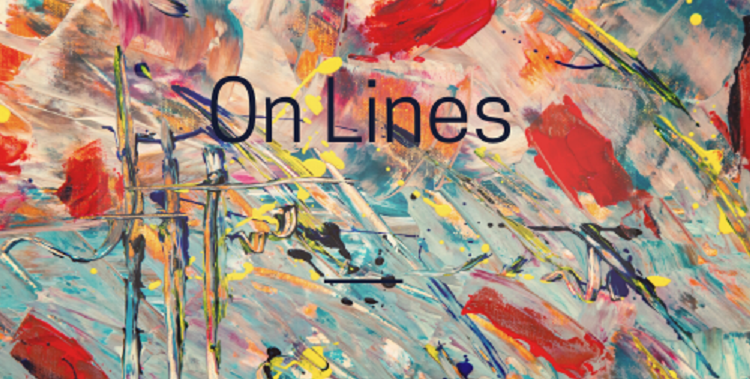Albus McInerney edits a literary magazine.
We were considering whether to publish an article on the politics of Jacques Prevert. However, in the week that marked the 75th anniversaries of Hiroshima and Nagasaki, I found myself wondering about the relevance or the power of poetry.
Marianne had questioned the academic rigour of the piece under discussion. ‘It lacks the fresh perspective that would make it more appealing,’ she said. ‘The author has read the poems but she hasn’t lived them.’
Which I felt was setting the bar for literary criticism rather high. Not the fault of the bright young graduate student who submitted the article that she was born long after the global conflict that shaped Prevert’s politics.
Dimitri, who has lived through some dramatic social and historical happenings, expressed the view that ‘an academic approach, fresh or otherwise, will miss the target.’ Dimitri has mastered the art of the effective Zoom entrance. Faces peered at screens a fraction more closely ahead of his next sentence. ‘The nature of Prevert’s poetry – like all great art – defies analysis.’
Which I felt was unhelpful, since literary analysis is what we do for a living.
Still, Dimitri’s whole persona somehow lets him get away with picaresque nuggets of nihilism – he would have been at home on the Left Bank circa 1957: a lifetime of smoking and drinking (and a moustache in the tradition of Emiliano Zapata) has left him with a wizened appearance of Bohemian proportions.
Patrice – undoubtedly the most academic of the academics on the editorial board and a man more comfortable with suit and tie than jeans and denim waistcoat – insisted that Prevert can only be understood in the context of his times. ‘The era – from the Depression to the Sixties – is crucial,’ he said. ‘When you grasp the context, the universality can be glimpsed underneath.’
Marianne had already expressed a robust scepticism about Prevert’s indulgence of ideological fashion. She replied to Patrice by arguing, rather stridently, that, ‘This saddles the work to a historical tradition that is obsolete.’
It has become Marianne’s practice to sneak into the opposite corner when Patrice enters the ring.
‘If I may?’ Kim said.
When Kim is going to put a spanner in the works, she enters the fray by asking permission to enter the fray.
‘Of course, you may,’ Dimitri said.
‘It isn’t binary,’ Kim said. ‘The artist doesn’t have to be consistent.’
She quoted Whitman: Do I contradict myself? / Very well then I contradict myself, / (I am large, I contain multitudes.)
I felt we were veering off topic (which Whitman would have liked).
‘The article focuses on one poem,’ I said, referring to Alicante, a staple of elementary French classes, ‘and it’s a poem that doesn’t make a political point, so . . . no real need to accommodate contradiction.’
Alicante begins with the famously limpid lines, Une orange sur la table / Ta robe sur le tapis / Et toi dans mon lit. A succinct and elegiac evocation of human intimacy.
‘But look at the date!’ Dimitri said, as though none of us had looked at the date. ‘It was written in the midst of conflict!’
‘Indeed!’ Marianne warmed to her theme. ‘It can be understood as a protest against the return of the old regime after the trauma of the conflict.’
‘Really?’ I thought.
But before I could articulate this thought, Kim said, ‘There has been an explosion!’
There was a flurry of split screens and eyes darting over headlines. I switched to my news platform and saw the mushroom cloud over Beirut.
I was reminded, in these moments, of another poem by Prevert – after the corruption and physical devastation of Occupation and Resistance – two lovers on the Rue de Siam, rain falling on the port. The poet asks what happened to them in the catastrophe that engulfed their world.
Barbara ends with a bleak acknowledgement of violence and the failings of humanity, but it also contains an affirmation of beauty and the survival of what is good:
Rappelle-toi Barbara Remember, Barbara,
N’oublie pas Do not forget
Cette pluie sage et heureuse The wise and joyful rain falling
Sur ton visage heureux On your happy face
Sur cette ville heureuse On that happy town
Cette pluie sur la mer Rain falling on the sea
Patrice was right about the universality that may be glimpsed beneath. It’s important to remember such things, especially in times like these.
